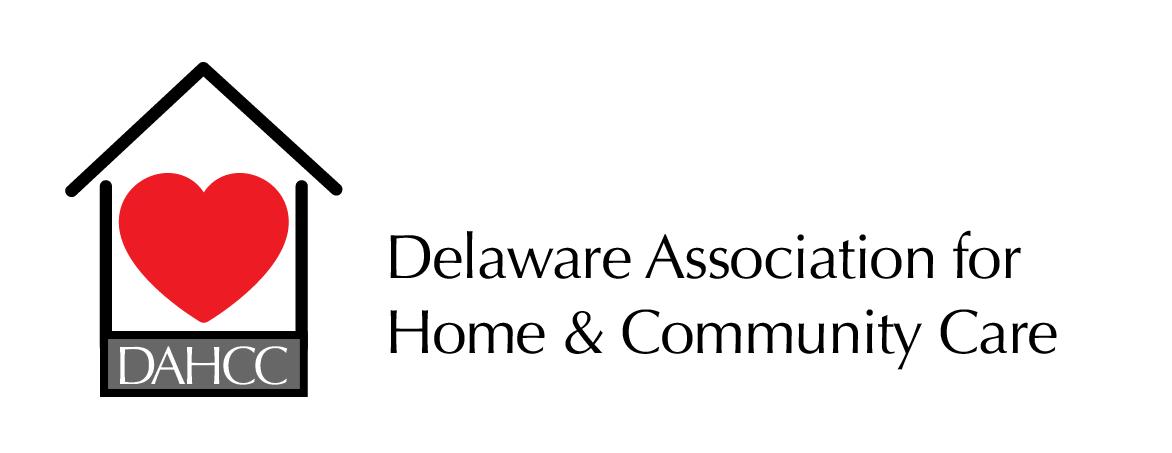CarpeVITA’s full spectrum of home care services provides our clients with the best value. We create a personalized care plan for your loved one.
How to Pay For Home Care
Knowing how to pay for home care can feel daunting and can be a strain on a family’s wallet. In many cases, there are financial options that can help lessen the burden, and many people find that home care works out to be the most affordable assisted living option. We’ll walk you through those Home Care Affordability options below.
Home Care Private Pay
In many cases, there will be some out-of-pocket expenses for home care, especially if you want services that are not covered by Medicare or your insurance, such as personal care and companion care. While this can be expensive, home care is often a less expensive option than nursing homes or assisted living facilities because of the flexibility you can take advantage of. Oftentimes, private pay can be combined with some of the additional payment methods explained below, helping you to more easily afford home care.
Long Term Care
If you have long-term care insurance, it could cover a portion of your home care costs. Contact your insurance agent to learn about your individual plan.
Private Health Insurance
Some HMO’s, health insurance and long-term care insurance companies provide home health care coverage. Since all plans vary, it is best to call your insurance company to go over your coverage.
Life Insurance
To help pay for home care, in-force policies can be converted into pre-funded financial accounts from which monthly benefit stipends are disbursed. Contact your life insurance company to learn more.
Medicare & Medicaid
The Medicare Home Health Benefit allows individuals who meet certain eligibility criteria to receive health care services in their homes if the services are considered reasonable and necessary for the treatment of the illness or injury. Getting treatment from a Medicare-certified agency will help you afford home care by cutting costs considerably.
 Depending on your eligibility, Medicare might cover services like skilled nursing care, physical therapy, occupational therapy, speech therapy, medical social services and medical supplies. Services that are not covered include 24-hour-a-day home care, delivered meals, homemaker services, and personal care like bathing, dressing and toileting.
Depending on your eligibility, Medicare might cover services like skilled nursing care, physical therapy, occupational therapy, speech therapy, medical social services and medical supplies. Services that are not covered include 24-hour-a-day home care, delivered meals, homemaker services, and personal care like bathing, dressing and toileting.
Medicaid is a federal and government program that helps low-income individuals pay for health care. Eligibility rules and services vary from state to state. You may qualify for both Medicare and Medicaid.
If you qualify for Medicaid, depending on your income and deductions, you may be able to get financial assistance for home health care if your home care agency accepts Medicaid. Often times, you won’t be eligible for Medicaid until you’ve spent some of your personal resources on medical care. You may need to pay out-of-pocket for the expenses and then get reimbursed by Medicaid.
To learn more about Medicare and Medicaid, visit www.medicare.gov or call 1-800-MEDICARE
Veterans Assistance
Qualified veterans can receive home care funding from the Veterans Administration’s Aid and Attendance Benefit. Services that are available for reimbursement include Activities of Daily Living (ADLs) such as bathing, dressing, cooking, taking medications correctly and other services that help Veterans and their spouses or surviving spouses of Veterans to better enjoy their senior years. Services to assist with dementia or Alzheimer’s disease are also included.
You may be eligible for Veteran’s benefits if you meet the following qualifications:
- Veterans must have served 1 day during an active war and had no less than a 90-day service.
- Surviving spouses must still have been married to the veteran when they passed.
- You must have a doctor’s order insisting you need the aid and attendance of another person daily.
- You must have less than $80K in checking and savings and even less if you are applying as a single (Does not include your home or vehicles; IRAs and CDs are included as income).
- You must have received an honorable or general discharge.
- You may not qualify if you are receiving state assistance, including Medicaid or another subsidized program.
State and Local Programs
There are various programs available, ranging from state to state, to help seniors finance home care. The best way to find these home care affordability programs is to contact your local Area Agency on Aging Department of Aginig – Delaware or the Department of Aging – Pennsylvania.
Asset Conversions
When all else fails, many people are able to tap their retirement accounts, home equity lines of credit or reverse mortgages to help pay for home care. Seek the help of a financial professional to help with this process.
Not all CarpeVITA Home Care locations offer the same financial aid solutions. Please visit our locations page to learn about each individual location’s services.
Tips to Help You Afford Home Care:
1) Maximize the resources you have available to you, such as family members who can help out with any number of tasks ranging from managing mail and cooking meals to assisting with bathing and dressing. Compile a list of family members who can help out, what they can help with, and the days and times they can help. Then you have a clear picture of what home care services you need to hire out and for how many hours per week.
2) Hire home care assistance only for what you need. While it varies widely from person to person, oftentimes only a few hours per week are necessary to make a big enough impact to allow seniors to stay in their homes.
3) Ensure your Home Health Aides are qualified but not over-qualified. Some home care agencies staff only licensed nurses, which can cause you to be overpaying for homemaking and personal services that may not require a nurse.
* Please call the CarpeVITA Home Care Location closest to you to determine their individual payment plans and insurance acceptance.




